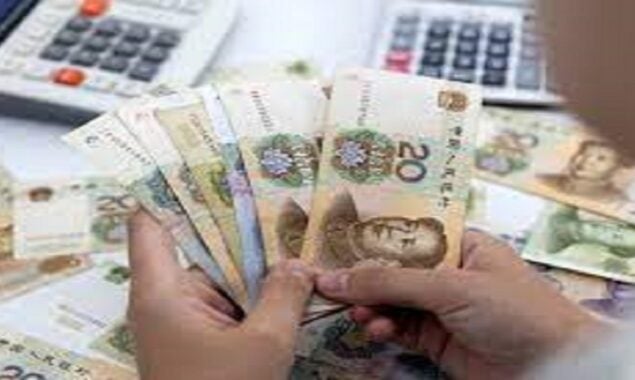
- Policymakers are wary of the risks that the yuan will depreciate and capital outflows if further easing is undertaken.
- The one-year loan prime rate (LPR) was kept at 3.70%, and the five-year LPR was unchanged at 4.45% on Thursday, September 19.
China sat tight on its benchmark loaning rates for corporate and family credits, true to form, on Monday, with worldwide national banks’ rate increments making it extreme for Beijing to invigorate a frail homegrown economy by bringing down rates.
Showcases generally accept that Chinese policymakers are careful about gambles with that the yuan will devalue and capital outpourings will be set off assuming they leave on additional financial facilitating to support a COVID-19-hit economy when other significant economies are fixing their rates strategies.
Read more: JD.com growth in China’s ‘618’ shopping event is the slowest
The one-year advance prime rate (LPR) was kept at 3.70%, and the five-year LPR was unaltered at 4.45%.
“Maybe there is a hesitance in relaxing money-related strategy to help monetary action, which could mirror a watchfulness in moving the other way to other national banks, especially the Federal Reserve,” said Stephen Innes, overseeing accomplice at SPI Asset Management.
“It appears to be a short time, be that as it may before there are bigger liquidity infusions and measures to help credit.”
National banks across Europe raised loan costs last week, a few by a level that stunned business sectors, following the Fed’s 75 premise guide climb toward battle high expansion.
“While the PBOC has practically nothing to fear from a more fragile money – the renminbi remains serious areas of strength for very the last thing it needs is to need to safeguard against a sharp, possibly weakening auction,” financial specialists at Capital Economics said in a note before.
“That could conceivably occur assuming it brought down rates now when pretty much every other significant national bank has turned substantially more hawkish.”
Dissimilar Sino-U.S. strategies have cleared out China’s yield advantage in April, setting off a record month-to-month tumble in the yuan. What’s more, a more profound reversal of U.S. also, Chinese government-security yields, could resuscitate such devaluation strain on the Chinese cash.
Around 90% of merchants and examiners in an overview last week anticipated that China should keep the two rates unaltered.
China brought down the five-year LPR, the benchmark reference rate for contracts, overwhelmingly last month, in a bid to resuscitate the sickly lodging area to set up the economy.
Read more: In the United States, Bayer has won the fourth Roundup weedkiller case
Most new and extraordinary credits in China depend on the one-year LPR. The five-year rate impacts the valuing of home loans.
Read More News On
Catch all the Business News, Breaking News Event and Latest News Updates on The BOL News
Download The BOL News App to get the Daily News Update & Follow us on Google News.




